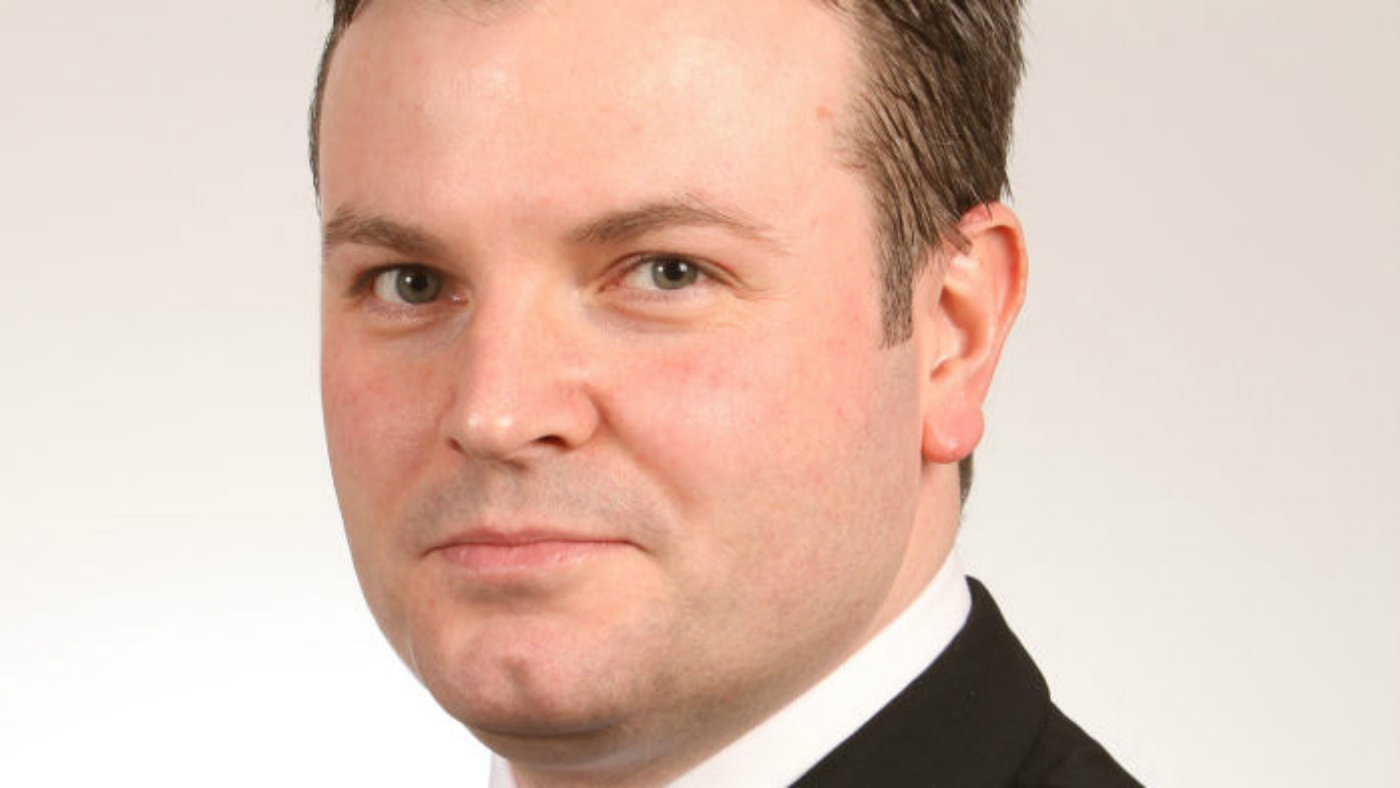Labour MP Jamie Reed stands down for nuclear energy job
Westminster veteran sparks by-election with decision to leave parliament to work in Sellafield

A free daily email with the biggest news stories of the day – and the best features from TheWeek.com
You are now subscribed
Your newsletter sign-up was successful
Labour MP Jamie Reed has announced he will stand down in January 2017, triggering a by-election in his Copeland constituency.
The former shadow health minister is to become head of development and community relations at Sellafield nuclear power station, a role he says will enable him to "continue to help the community and industry of West Cumbria to meet the challenges of the future".
Leaving Parliament after 12 years was "the hardest decision of [my] life", he said.
The Week
Escape your echo chamber. Get the facts behind the news, plus analysis from multiple perspectives.

Sign up for The Week's Free Newsletters
From our morning news briefing to a weekly Good News Newsletter, get the best of The Week delivered directly to your inbox.
From our morning news briefing to a weekly Good News Newsletter, get the best of The Week delivered directly to your inbox.
Reed has been a persistent critic of Labour leader Jeremy Corbyn and quit his role in the shadow cabinet following the leadership elections of September 2015, citing the Islington MP's opposition to nuclear energy.
However, he did not mention Corbyn in his page-and-a-half resignation letter, focussing instead on the progress made in his constituency.
He said: "Together we built, schools, town centre developments, university facilities, dental surgeries, healthcare centres and a new West Cumberland Hospital of which I am most proud."
Fellow Labour politician Liz Kendall tweeted Reed was "an amazing MP and a wonderful friend".
A free daily email with the biggest news stories of the day – and the best features from TheWeek.com
Reed's resignation means a new year by-election. Copeland has historically been a safe Labour seat since its creation in 1983, but current national polls suggest "it may not be invulnerable to capture by another party," says The Independent.
The Daily Telegraph goes further, suggesting the party "will struggle to hold on to the seat that voted for Brexit by 23,528 to 14,419 votes".
The statistics certainly indicate a trend away from Labour dominance. When Reed won Copeland for a third time in 2015, his 2,564 majority over Conservative Stephen Haraldsen was less than half that of his first election win in 2005.
-
 The environmental cost of GLP-1s
The environmental cost of GLP-1sThe explainer Producing the drugs is a dirty process
-
 Nuuk becomes ground zero for Greenland’s diplomatic straits
Nuuk becomes ground zero for Greenland’s diplomatic straitsIN THE SPOTLIGHT A flurry of new consular activity in the remote Danish protectorate shows how important Greenland has become to Europeans’ anxiety about American imperialism
-
 ‘This is something that happens all too often’
‘This is something that happens all too often’Instant Opinion Opinion, comment and editorials of the day
-
 How corrupt is the UK?
How corrupt is the UK?The Explainer Decline in standards ‘risks becoming a defining feature of our political culture’ as Britain falls to lowest ever score on global index
-
 Reforming the House of Lords
Reforming the House of LordsThe Explainer Keir Starmer’s government regards reform of the House of Lords as ‘long overdue and essential’
-
 How long can Keir Starmer last as Labour leader?
How long can Keir Starmer last as Labour leader?Today's Big Question Pathway to a coup ‘still unclear’ even as potential challengers begin manoeuvring into position
-
 The high street: Britain’s next political battleground?
The high street: Britain’s next political battleground?In the Spotlight Mass closure of shops and influx of organised crime are fuelling voter anger, and offer an opening for Reform UK
-
 Biggest political break-ups and make-ups of 2025
Biggest political break-ups and make-ups of 2025The Explainer From Trump and Musk to the UK and the EU, Christmas wouldn’t be Christmas without a round-up of the year’s relationship drama
-
 Is a Reform-Tory pact becoming more likely?
Is a Reform-Tory pact becoming more likely?Today’s Big Question Nigel Farage’s party is ahead in the polls but still falls well short of a Commons majority, while Conservatives are still losing MPs to Reform
-
 The launch of Your Party: how it could work
The launch of Your Party: how it could workThe Explainer Despite landmark decisions made over the party’s makeup at their first conference, core frustrations are ‘likely to only intensify in the near-future’
-
 What does the fall in net migration mean for the UK?
What does the fall in net migration mean for the UK?Today’s Big Question With Labour and the Tories trying to ‘claim credit’ for lower figures, the ‘underlying picture is far less clear-cut’